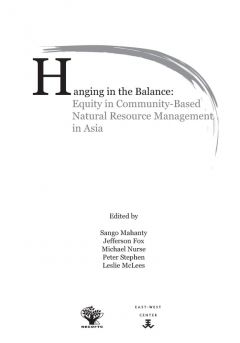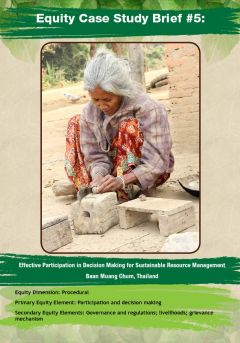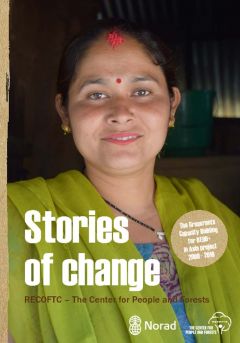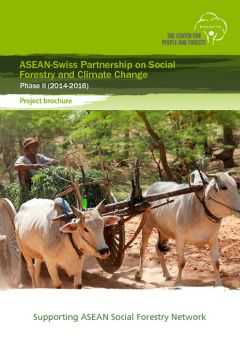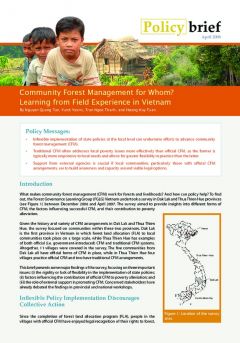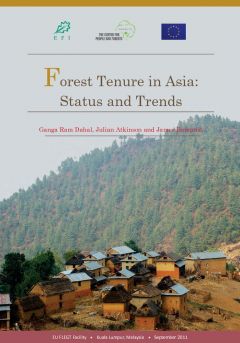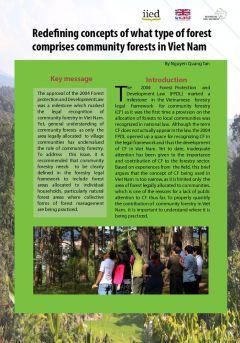Hanging in the Balance: Equity in Community-Based Natural Resource Management in Asia
How equitable are benefits and costs being shared in community-based natural resource management (CBNRM) programs? To what extent are the voices of marginalized groups shaping the design and implementation of community based resource management systems?

